When it comes to the devastating impact of wildfires, the aftermath can be overwhelming. Alongside the emotional and physical challenges, affected individuals must also deal with the complex process of filing insurance claims to receive adequate compensation for their losses. To ensure a fair settlement, it’s crucial to understand the intricacies of wildfire insurance claims and the steps involved. In this article, we will provide valuable tips to help you navigate the process and maximize your chances of securing a fair settlement of wildfire insurance claim.
Roadmap to Recovery and Fair Settlement of Wildfire Insurance Claims
1. Review Your Insurance Policy
Before a wildfire strikes, take the time to thoroughly review your insurance policy. Familiarize yourself with the coverage limits, exclusions, and deductible amounts. Understanding your policy will enable you to know what losses are eligible for compensation and help you make informed decisions during the claims process.
2. Document the Damage
After ensuring your safety and the safety of your loved ones, document the damage caused by the wildfire. Take photographs and videos of the affected areas, including any damaged structures, personal belongings, and land. These visual records will serve as crucial evidence when filing your insurance claim.
3. Contact Your Insurance Company Promptly
Notify your insurance company about the wildfire damage as soon as possible. Many policies require immediate reporting of losses, so don’t delay. Provide them with a detailed description of the damages and the date and time the incident occurred. Prompt communication with your insurer will help expedite the claims process.
4. Mitigate Further Damage
It’s important to take reasonable steps to prevent further damage to your property. For instance, if there are broken windows or roof damage, make temporary repairs to prevent water or other elements from causing additional harm. Keep records of all the expenses incurred during the mitigation process, as these costs may be covered by your insurance policy.
5. Maintain Detailed Records
Throughout the claims process, maintain meticulous records of all interactions with your insurance company. Keep a log of phone calls, emails, and letters exchanged, noting the date, time, and name of the representative you spoke with. These records will be valuable if any disputes arise.
6. Seek Professional Assistance
Consider hiring an experienced insurance claims attorney to guide you through the process. An attorney can help protect your rights, review your policy, and negotiate with the insurance company on your behalf. They can also assess the true value of your losses and ensure you receive fair compensation.
7. Don’t Accept Lowball Offers
Insurance companies may initially offer settlement amounts that are lower than what you deserve. Be cautious and consult with an attorney before accepting any offers. Remember, you have the right to negotiate and appeal if you believe the offer does not adequately cover your losses.
Conclusion
Filing an insurance claim after a wildfire can be a challenging and complex process. By understanding the nuances of wildfire insurance claims and following these tips, you can improve your chances of securing a fair settlement. Remember to stay organized, document your losses, communicate promptly with your insurer, and seek professional assistance when needed. With determination and the right approach, you can navigate the claims process and rebuild your life after a devastating wildfire.

